Researchers need your help for scientific experiments
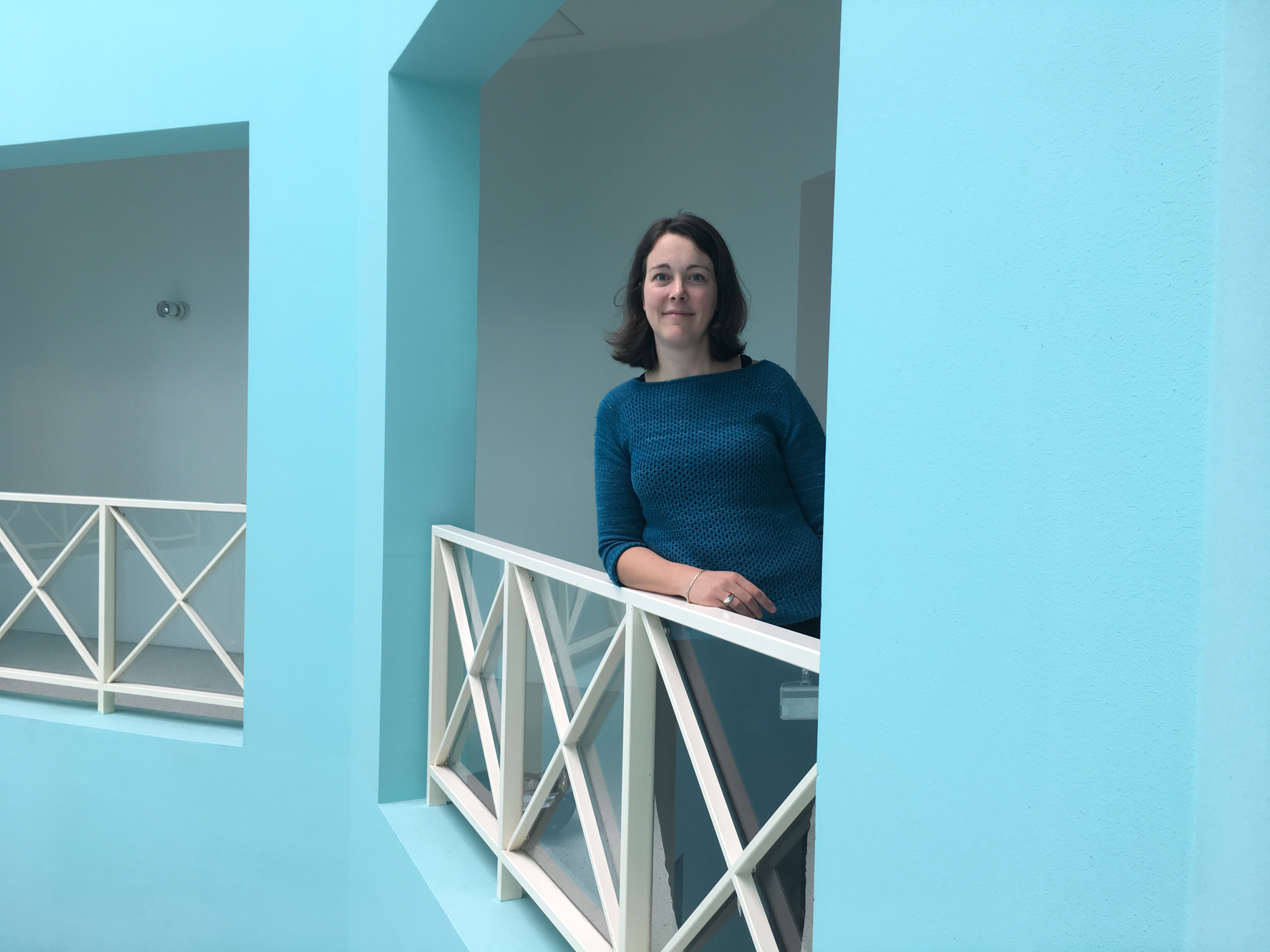
Laura Winther Balling has been working on the database for two years - now it's here. (Photo: Anne M. Lykkegaard)
Have you always wanted to participate in a scientific experiment, whether it be about eye tracking or clothing consumption, but never had the chance? Wait no more. CBS researcher, Laura Winther Balling, has set up an open-source database where you can sign up and take part in different research projects. Some of them even pay you for taking part.
For about two years, Associate Professor Laura Winther Balling has been working on a database that will change how researchers recruit participants for their scientific studies at CBS.
Before, researchers at CBS had to run about the campus or even Frederiksberg Centre to ask students and passers-by if they would be interested in participating in different scientific studies. Now, everyone inside and outside CBS can sign up to the database, if they want to help out researchers.
“Many researchers spend time finding participants for their research and it can be very time-consuming. So, I thought CBS really needed a database like this,” says Laura Winther Balling, whose primary research areas focus on text comprehension and psycholinguistics at the Department of Management, Society, and Communication.
Experimental research
The database works in this way: you make a profile in which you insert different information about yourself. Name, age, gender, language skills, and a few other things. After you have signed up for the database, researchers have the opportunity to invite you to different studies and you can take part in those that suit you.
Some studies only require you to answer questions online, whereas others require you to show up at CBS. For some experiments, participants get a voucher to a store, a goodie bag, or even money as payment.
Laura Winther Balling says that she wants to use the database to find 40 – 50 participants for eye tracking experiments in the CogLab at Dalgas Have. More specifically, she wants to collect data on how people perceive and comprehend texts at different degrees of difficulty.
This is not a closed party, every CBS researcher is welcome to make use of the database
Laura Balling Winther, Associate Professor CBS
But it could also be used for other kinds of studies.
The CBS consumer research group based at the Department of Management, Society, and Communication wants to figure out how and why consumers purchase clothing. They want to do this by carrying out a diary study which asks consumers every day over a two-week period about their clothing consumption and their motives for behavior.
Another project that is relatively short – as it only consists of a five to ten minute online questionnaire – is asking about respondents’ political opinions and about their level of trust in Danish politicians.
“This is not only an easier way for researchers to get participants for their projects, it also offers a brilliant opportunity for the participants to get insights into how research works and what research is being carried out at CBS,” says Laura Winther Balling, who has been consulting a big group of researchers and the IT support to set up the database.
The demand is there
One can only wonder why CBS hasn’t had a database like this before, but Laura Winther Balling explains that this kind of experimental approach to research is quite new at CBS.
“Compared to other universities, CBS hasn’t had a strong tradition for carrying out behavioral experiments. But this has changed in recent years. Now, the demand is there, so, that’s – apart from other things – why we get the database now,” she says.
But this doesn’t mean that demand for an easier way to find participants hasn’t been there before.
“I know of some colleagues who took part in a big EU-funded project and they had to make other researchers on the project do the experiments, as the CBS researchers couldn’t gather enough participants for the project,” she says.
Laura Winther Balling underlines that the database is not only for CBS staff or students. It’s for everyone.
“This is not a closed party, every CBS researcher is welcome to make use of the database, and everyone is welcome to sign up as a participant. Your mom, dad, boyfriend or girlfriend,” says Laura Winther Balling.



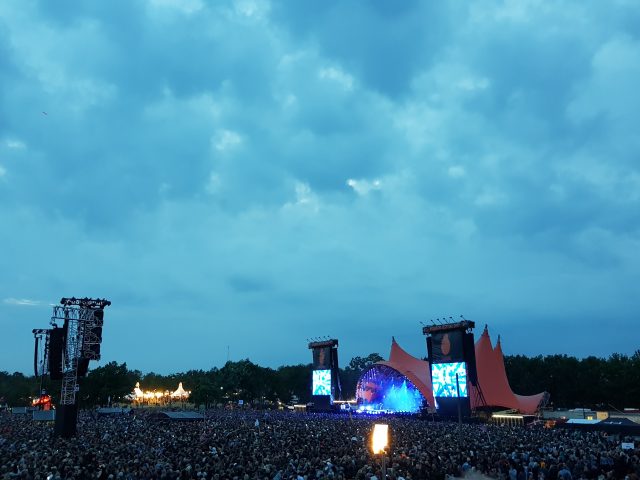
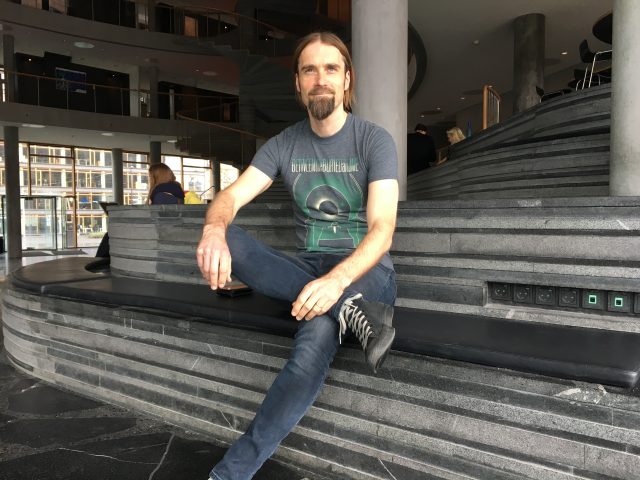
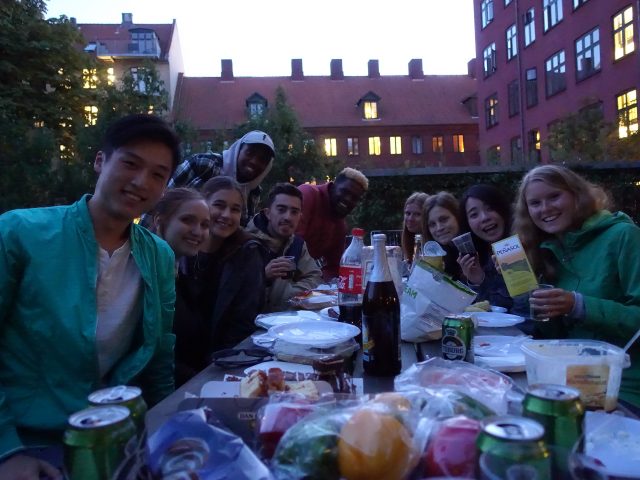
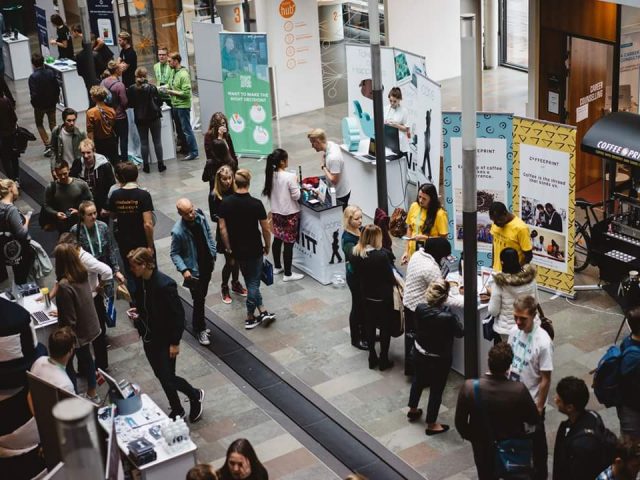




























































































































Great initiative!